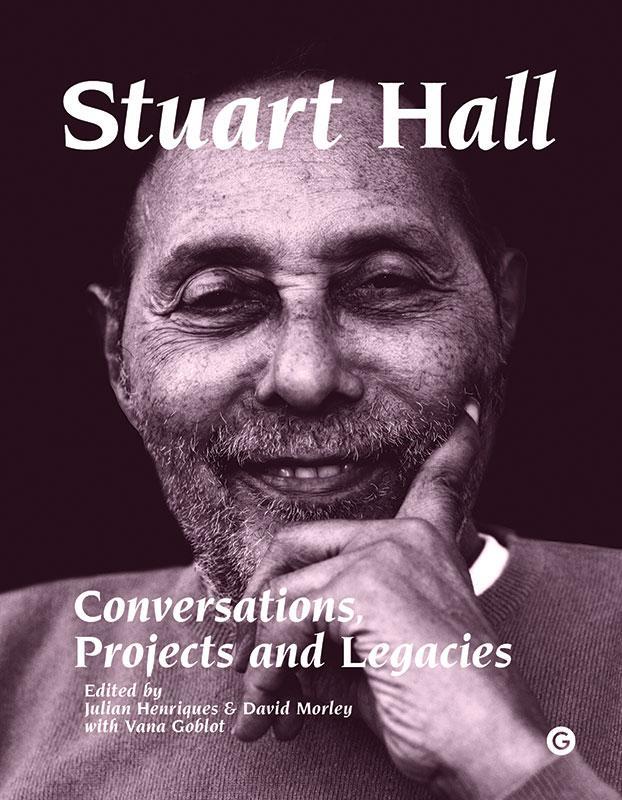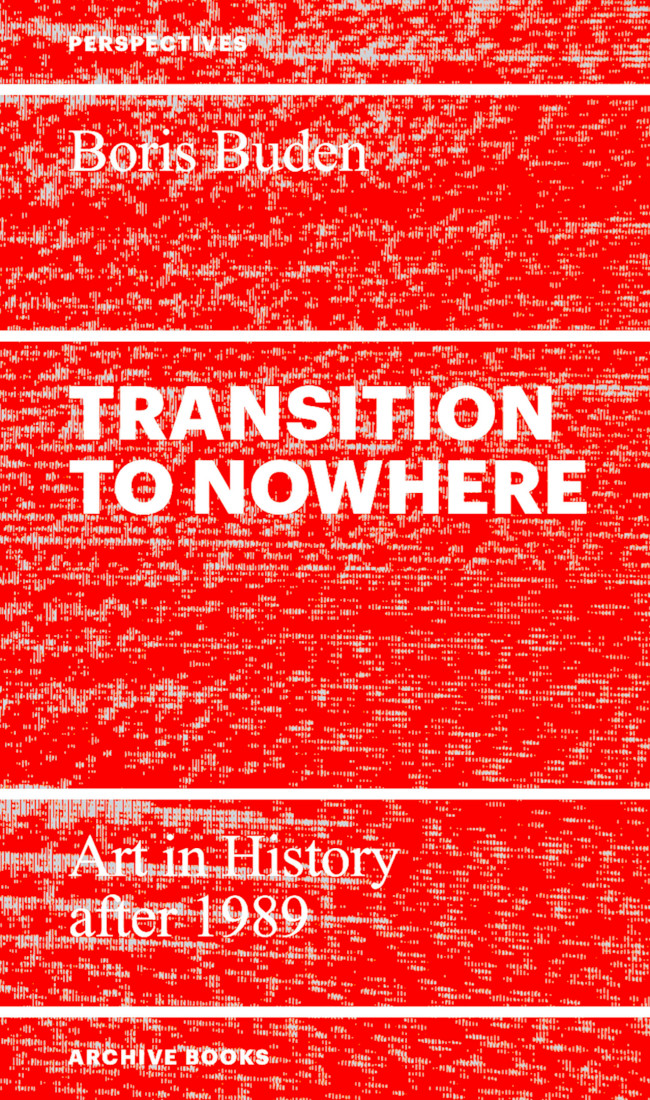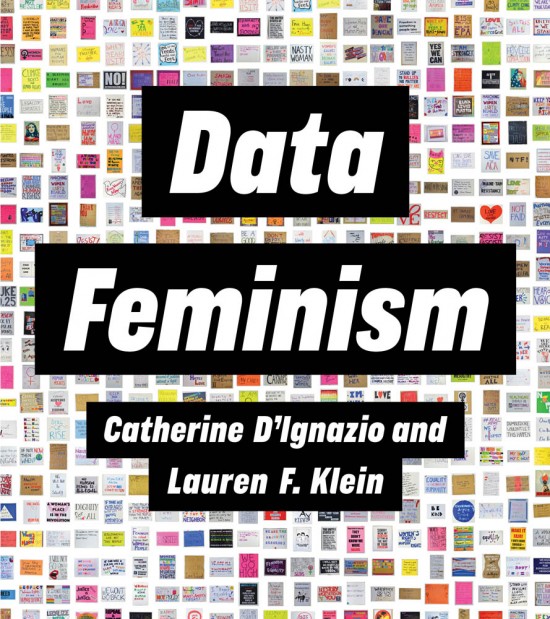Stuart Hall: Conversations, Projects and Legacies (2017)
Filed under book | Tags: · black people, cultural studies, diaspora, identity, marxism, neoliberalism, politics, racism

This book “examines the career of the cultural studies pioneer, interrogating his influence and revealing lesser-known facets of his work. This collection of essays and photographs evaluates the legacies of his particular brand of cultural studies and demonstrates how other scholars and activists have utilised his thinking in their own research.
Throughout these pages, Hall’s colleagues and long-term collaborators assess his theoretical and methodological standpoints, his commitment to the development of a flexible form of revisionist Marxism, and the contributions of his specific mode of analysis to public debates on Thatcherism, neoliberalism and multiculturalism. North American activist Angela Davis argues that the model of politics, ideology, and race initially developed by Hall and his colleagues in Birmingham continues to resonate when applied to America’s racialized policing. Further essays focus on Hall’s contributions to contemporary political debate as well as questions of race, ethnicity, identity, migrancy and diaspora. Others discuss Hall’s continuing involvement in issues of representation and aesthetics in the visual arts, particularly photography and film.
With contributions from Britain, Europe, East Asia, and North and Latin America, Stuart Hall: Conversations, Projects and Legacies provides a comprehensive look at how, under Hall’s intellectual leadership, British cultural studies transformed itself from a form of ‘local’ knowledge to the international field of study we know today.”
Contributors: John Akomfrah, Avtar Brah, Charlotte Brunsdon, Iain Chambers, Kuan-Hsing Chen, John Clarke, James Curran, Angela Davis, David Edgar, Lawrence Grossberg, Catherine Hall, Dick Hebdige, Tony Jefferson, Robert Lumley, Mahasiddhi (Roy Peters), Doreen Massey, Angela McRobbie, Caspar Melville, Frank Mort, Michael Rustin, Bill Schwarz, Mark Sealy, Liv Sovik, Lola Young.
Edited by Julian Henriques and David Morley with Vana Goblot
Publisher Goldsmiths Press, London, 2017
ISBN 9781906897475, 1906897476
322 pages
Reviews: Ashleigh McFeeters (LSE blogs, 2018), Karen Wilkes (Media Theory, 2019).
PDF (33 MB, updated on 2021-4-13)
PDF (12 MB, accepted manuscript)
Boris Buden: Transition to Nowhere: Art in History After 1989 (2020)
Filed under book | Tags: · art history, civil society, history, identity, language, nationalism, post-communism, transition

“Today, after Post-Communism has ended in chaos and confusion, we are entitled to ask: was it a condition, or a transition; a rise or a decline; progression, regression or simply a time-lag? Has it ever shaped its own form of social being, a unique mode of economic production, a politics of its own, a culture? Or was it just another interregnum of history, full of morbid symptoms we cannot get rid of?
Most of the essays in this book search for answers to questions in works of art. Not because art possesses a superior knowledge on history, but because the knowledge on history we posses has failed in providing those answers. This is a new experience made possible by both art and history, which, in simultaneously facing their end, have come closer to one another than ever before. It is an experience we might possibly learn from.”
Compiled by Boris Buden and Naomi Hennig
Edited by Paolo Caffoni
Publisher Archive Books, Berlin, 2020
Perspectives series
Open access
ISBN 3943620832, 9783943620832
404 pages
HT pere
PDF (31 MB)
Comments (6)Catherine D’Ignazio, Lauren F. Klein: Data Feminism (2020)
Filed under book | Tags: · big data, data, data visualisation, emotion, feminism, gender, identity, labour, racism, research, science, statistics

“Today, data science is a form of power. It has been used to expose injustice, improve health outcomes, and topple governments. But it has also been used to discriminate, police, and surveil. This potential for good, on the one hand, and harm, on the other, makes it essential to ask: Data science by whom? Data science for whom? Data science with whose interests in mind? The narratives around big data and data science are overwhelmingly white, male, and techno-heroic. In Data Feminism, Catherine D’Ignazio and Lauren Klein present a new way of thinking about data science and data ethics—one that is informed by intersectional feminist thought.
Illustrating data feminism in action, D’Ignazio and Klein show how challenges to the male/female binary can help challenge other hierarchical (and empirically wrong) classification systems. They explain how, for example, an understanding of emotion can expand our ideas about effective data visualization, and how the concept of invisible labor can expose the significant human efforts required by our automated systems. And they show why the data never, ever “speak for themselves.”
Data Feminism offers strategies for data scientists seeking to learn how feminism can help them work toward justice, and for feminists who want to focus their efforts on the growing field of data science. But Data Feminism is about much more than gender. It is about power, about who has it and who doesn’t, and about how those differentials of power can be challenged and changed.”
Publisher MIT Press, 2020
strong Ideas series
Creative Commons CC BY-NC-ND license
ISBN 9780262044004, 0262044005
xii+314 pages
Interviews with authors: Jason Forrest (Nightingale, 2019), Zoë Corbyn (The Guardian, 2020).
Book website
Author
Publisher
WorldCat
HTML (updated on 2021-10-18)
PDF (39 MB)

